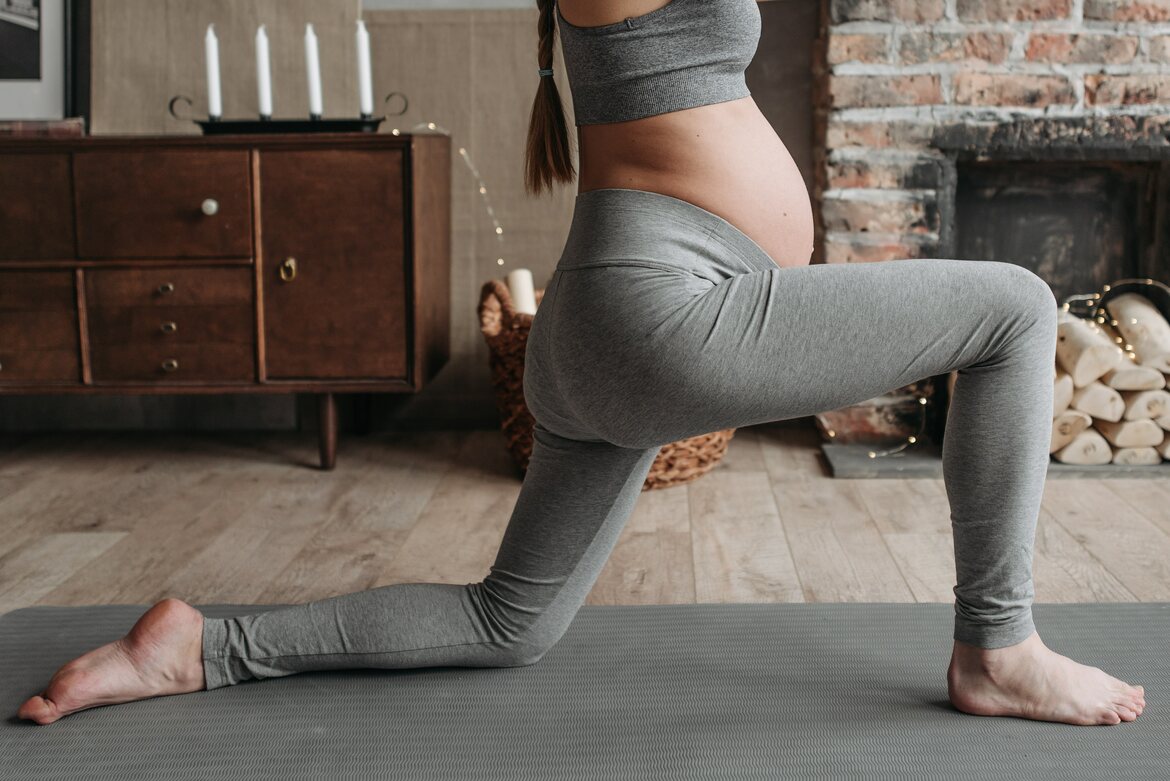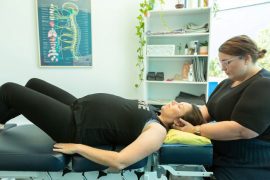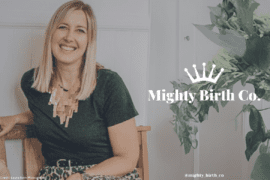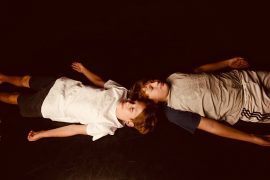By Laura Mason
In over eight years of teaching Pilates, I have taught 100s of mothers. Some I taught throughout their pregnancy and in the early weeks and months following birth; others didn’t discover Pilates until they had grandkids of their own (and lots more free time).
Each one of them has had a different journey through motherhood. As we’ve chatted and muddled our way through motherhood, some things have become apparent and a lot that we wished we had known heading into motherhood. These are the top 5 things that I think all mothers should know before childbirth concerning healing and recovery.
1. All the Pilates/movement in the world will not make up for lost sleep
Sleep – often missed in those early weeks/months/years and desperately sought after. The lack of sleep will impact your recovery. For this reason, I gently encourage my pregnant clients to get used to doing less in the lead up to birth. In some women (myself included), the thought of not ticking 10 things off the to-do list by midday would once cause anxiety. Tackling this before childbirth can help the new mother to prioritise rest and sleep whenever that opportunity arises.
The lack of sleep will impact your recovery. For this reason, I gently encourage my pregnant clients to get used to doing less in the lead up to birth.
2. Pilates alone will not help you lose the postnatal weight
Although I don’t want to talk about weight in this day and age, when I ask clients why they’re starting on their Pilates journey, a lot of them list weight loss as a goal. There is no shame in my studio if you want to shed a few kilos. Pilates will help to tone you up, it will help you to stand up taller, and it will make you more confident in your body’s ability to move, but the only way to lose weight is to be in a calorie deficit. The best advice I can give is to find a dietitian (and occasionally a psychologist) who can help you in this part of your journey. They will take lots of things into account and provide a solution tailored to your specific needs and goals.
3. If you have an abdominal separation (at any period post children) – please don’t eliminate all movement
There is so much negative noise about this, but did you know that all pregnant women have a thinner linea alba post-birth? It’s the body’s way of fitting a baby inside. Remarkable really. Often, the gap will close on its own over the first several months. It may sometimes take a bit longer and occasionally (as in my case), it won’t fully close. What’s important is that you keep on moving. Data shows that the tissues need to be loaded sufficiently for full strength and elasticity to return. The tension across the gap is actually what is important. Can you hold tension across it to do the activities required in your life? If you’re concerned, the first step is to see a women’s health physio. On this note, a leaking pelvic floor is much more important to deal with asap.











